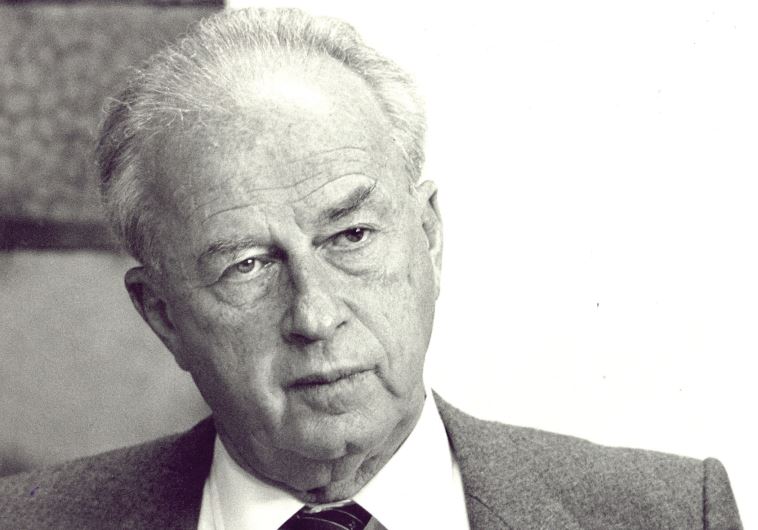Think About It: Twenty years on
I dislike the term “Rabin’s heritage,” though I believe that Rabin’s assassination in itself has certainly turned into part of the Israeli heritage.
 Yitzhak Rabin in 1985, then defense minister(photo credit: DAVID BRAUNER)
Yitzhak Rabin in 1985, then defense minister(photo credit: DAVID BRAUNER)